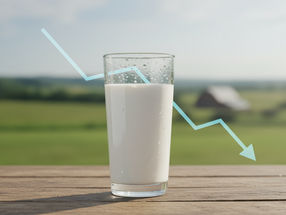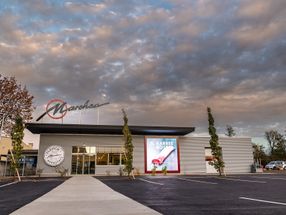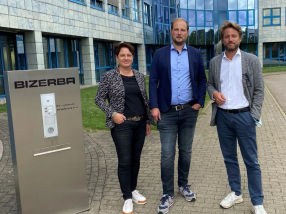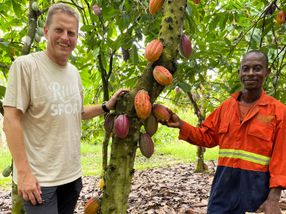EFSA warns against titanium dioxide (E 171) in foods
Potentially carcinogenic: European Food Safety Authority classifies dye as "not safe
Advertisement
The dye titanium dioxide (E 171) has been criticized for quite some time. Now, the European food safety Authority (EFSA) has also recently concluded that titanium dioxide particles are capable of causing changes in cell material. This could result in cancer. Consequently, the authority classified the dye, which can be used in chewing gum, baking accessories and sweets, for example, as "not safe". Birgit Beck, nutrition scientist at the Association for Consumer Information (VKI), now believes that it is the authorities' turn and gives an overview of the problems with this dye in the following.
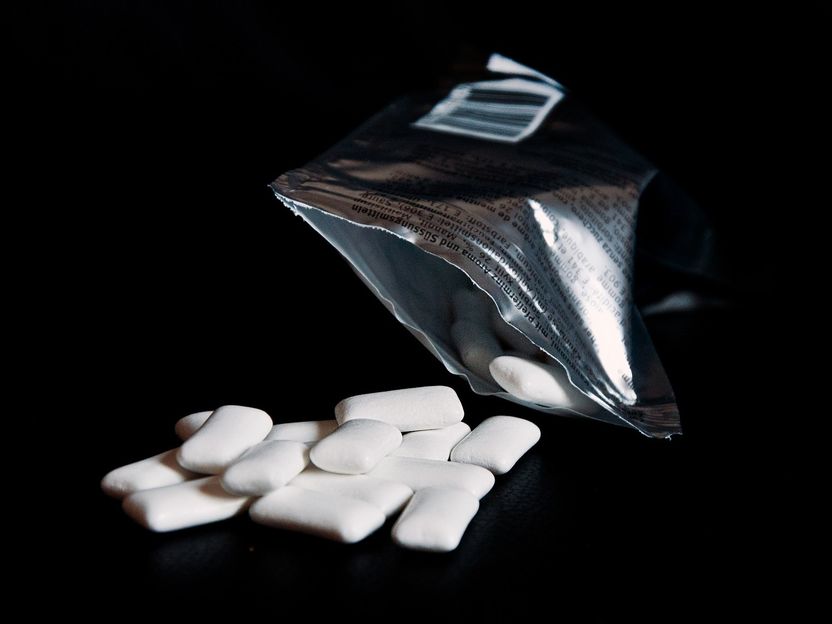
Bild von athree23 auf Pixabay
Why is titanium dioxide criticized?
Titanium is a metal that occurs naturally. The main producing countries are Australia and South Africa. In the food industry, titanium dioxide is used as a very durable white dye. Titanium dioxide is used in the form of nanoparticles and is not soluble. Due to its presence in the form of nanoparticles - the particles can enter and accumulate in the body - titanium dioxide has been under criticism for some time. In May 2021, the European Food Safety Authority (EFSA) now also concluded that concerns about the genotoxicity of titanium dioxide particles cannot be ruled out. Genotoxicity is a harmful effect on cells in the body that leads to changes in cellular material. This can result in cancer. Therefore, EFSA has classified titanium dioxide as "not safe" for use as a food additive.
In which foods is titanium dioxide permitted?
Titanium dioxide is currently generally approved for use in foods - and even without maximum quantity restrictions. The only exceptions are foods that are untreated or that are not allowed to contain additives by law. E 171 is frequently found in dragées, chewing gum, baking accessories and in white coatings such as fondant.
Where else is titanium dioxide used?
Titanium dioxide is used in many other products, including cosmetics (e.g. sunscreens), paints and medicines. However, EFSA's current assessment only covers the use of titanium dioxide in food.
What is the next step?
EFSA is not allowed to ban a substance. Its task is the scientific assessment of specific issues. Now it is up to the authorities. Only they are allowed to ban the use of titanium dioxide. In France, the additive E 171 has already been banned in foodstuffs, but in Austria and in large parts of the EU this has not yet been the case.
The Association for Consumer Information will now continue to monitor the handling of E 171 and the further use of titanium dioxide in food.
Note: This article has been translated using a computer system without human intervention. LUMITOS offers these automatic translations to present a wider range of current news. Since this article has been translated with automatic translation, it is possible that it contains errors in vocabulary, syntax or grammar. The original article in German can be found here.
Other news from the department business & finance
Most read news
More news from our other portals
See the theme worlds for related content
Topic world Food safety
Food safety is at the heart of the food and beverage industry. It ensures that the food we eat every day is not only nutritious, but also free of harmful contaminants. From field to plate, the industry monitors and regulates every step of the process with strict quality controls, advanced testing methods and continuous research.
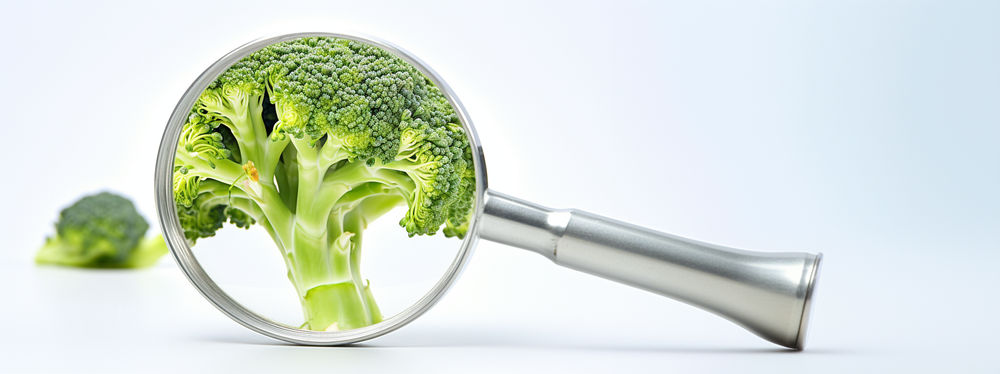
Topic world Food safety
Food safety is at the heart of the food and beverage industry. It ensures that the food we eat every day is not only nutritious, but also free of harmful contaminants. From field to plate, the industry monitors and regulates every step of the process with strict quality controls, advanced testing methods and continuous research.








